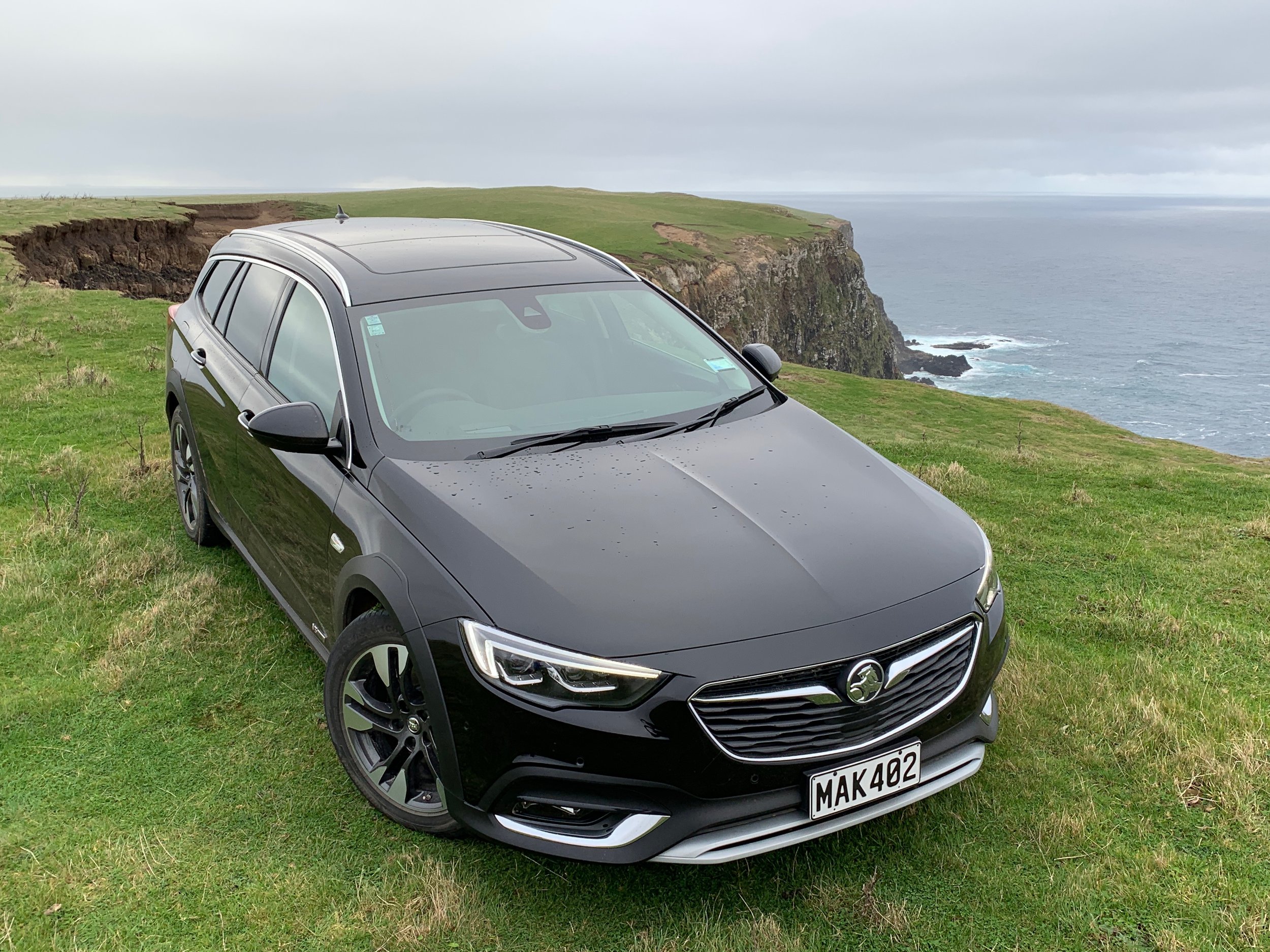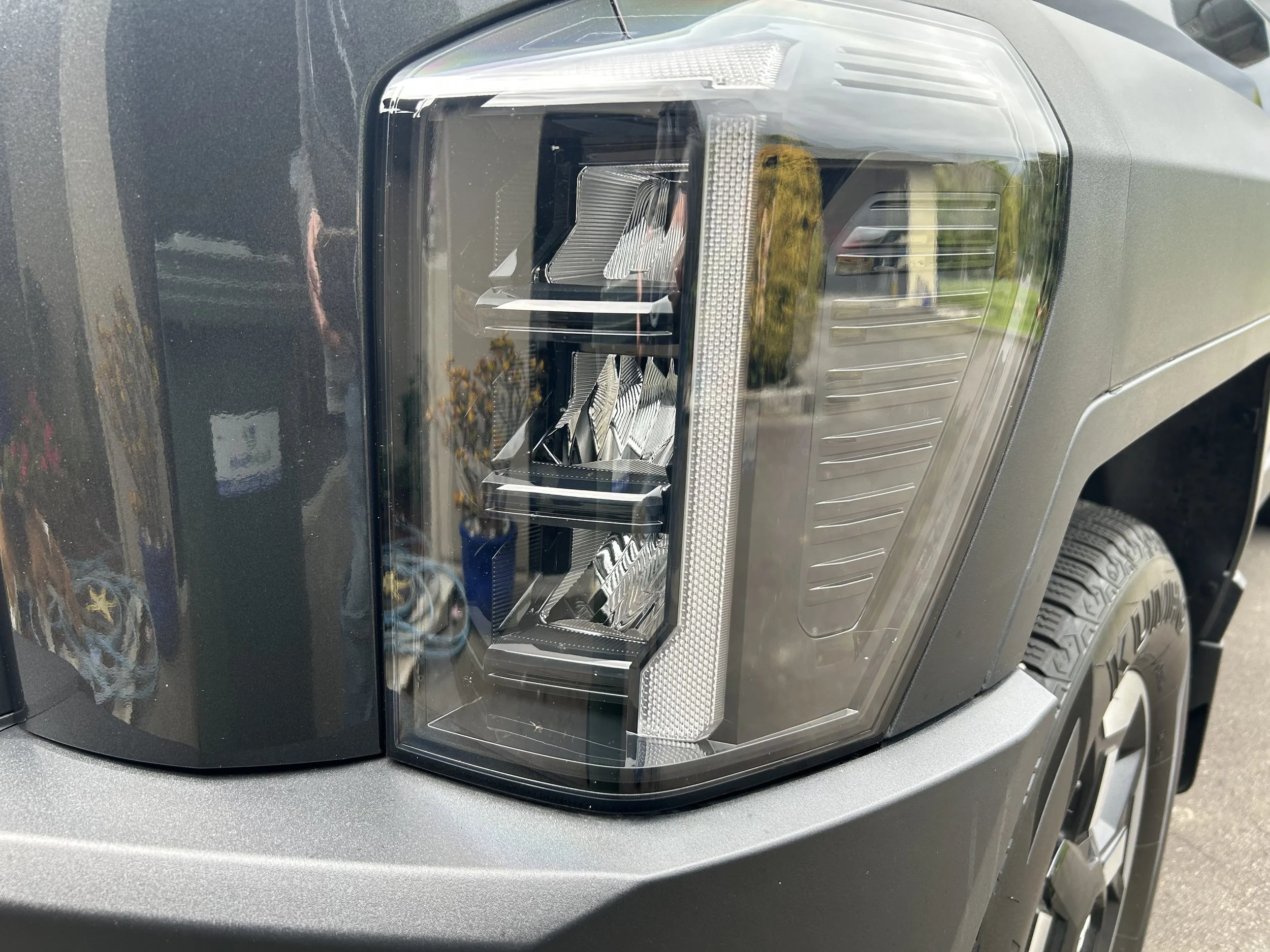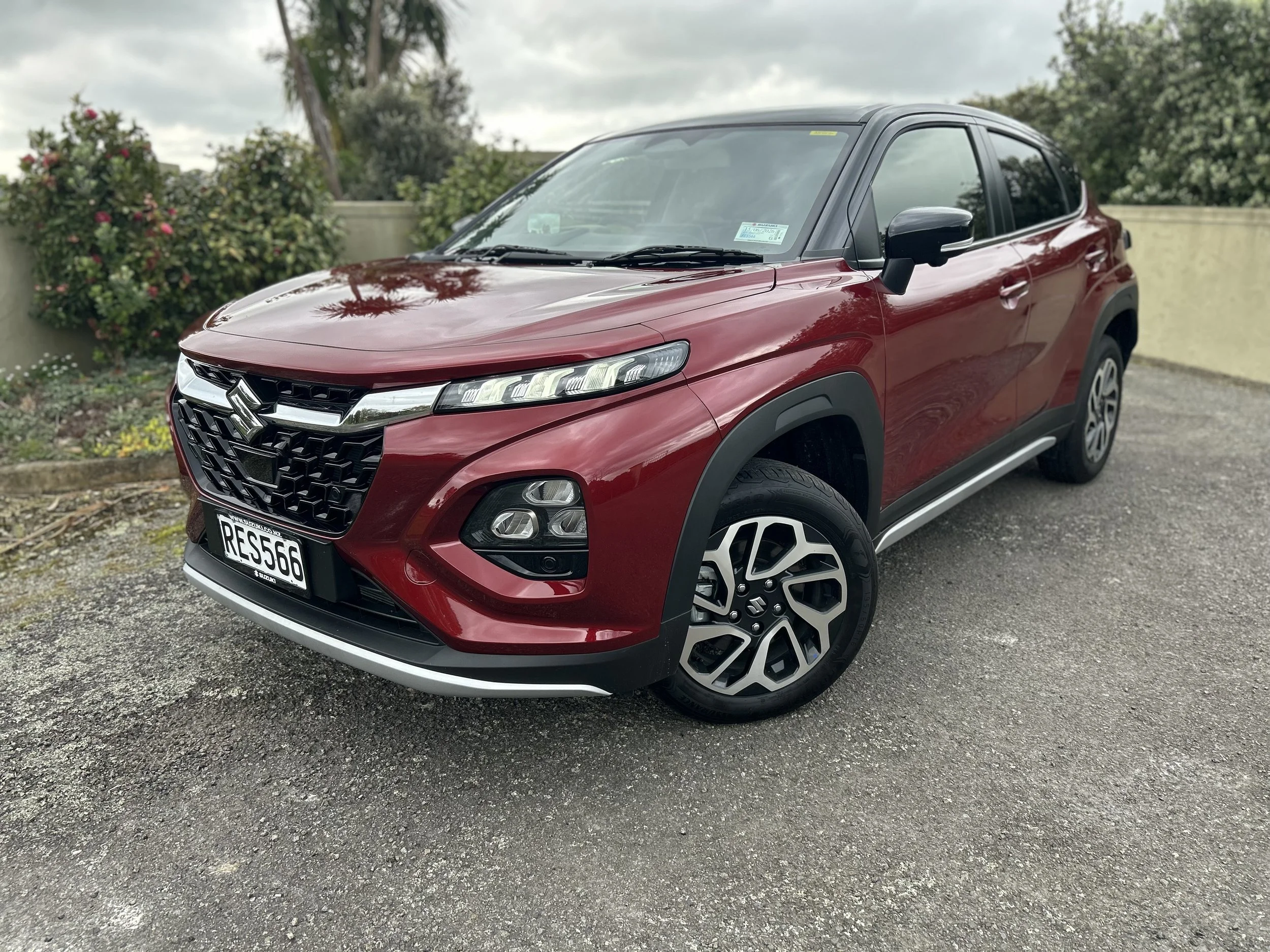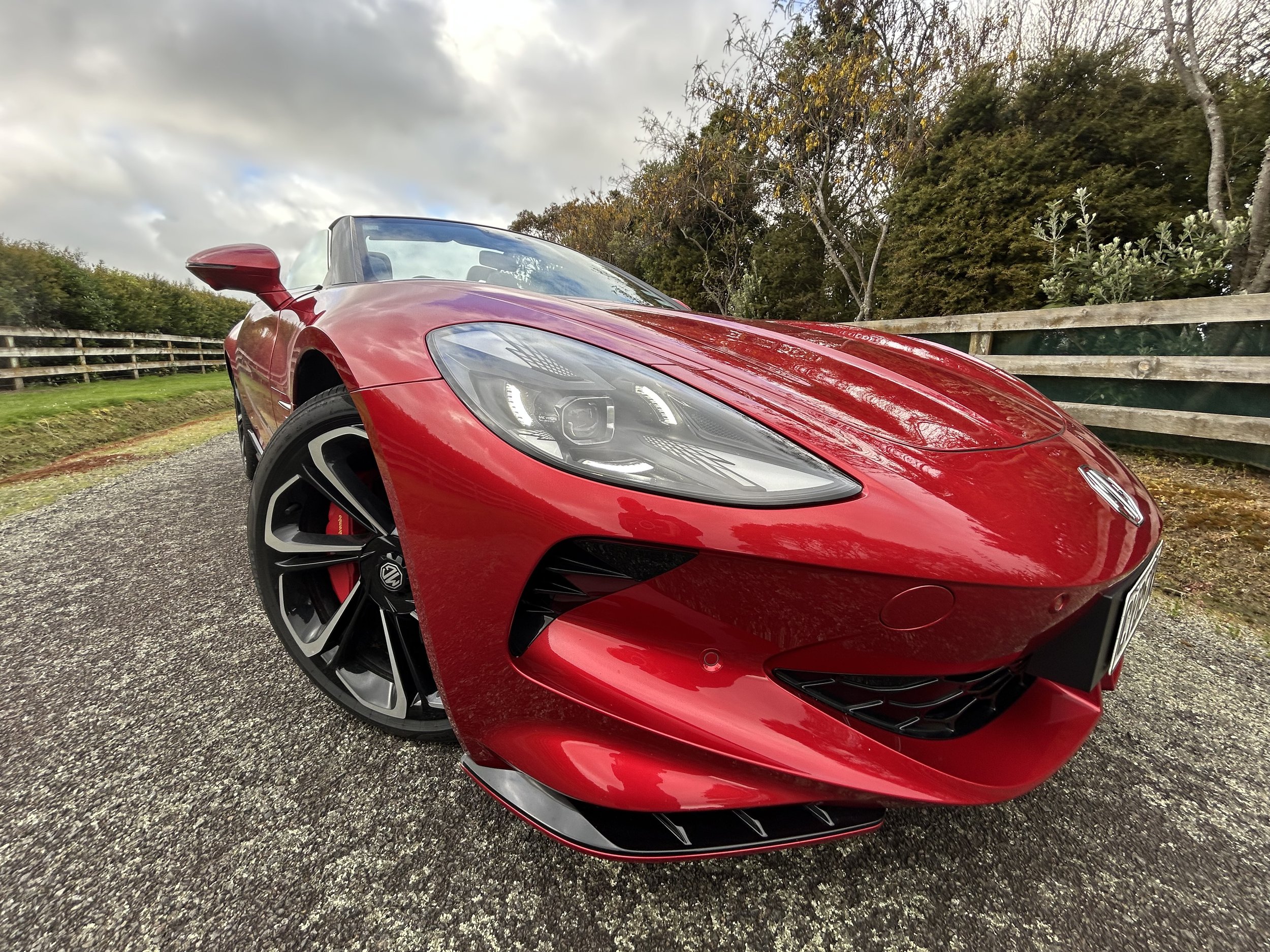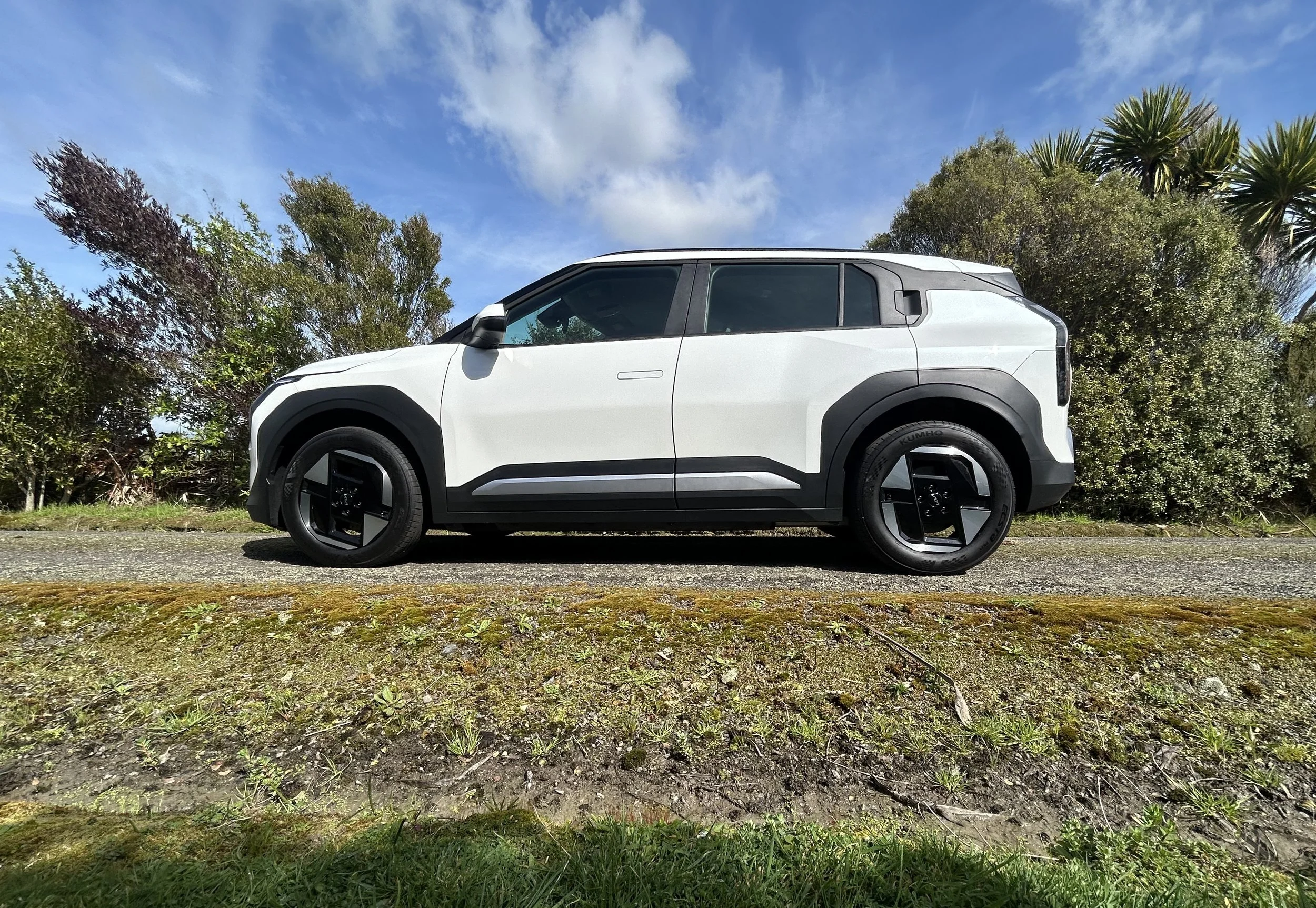Commodore comeback on cards for Opel NZ
/German make’s new distributor is excited by impending electric-driven interpretation of the classic Holden.
Opel seems set on delivering its new Insignia, basis for the ZB Commodore (pictured), as a rakish electric sports utility. The newly-formed NZ distributor wants in.
AN ELECTRIC Commodore, the car Holden always aspired to one day create but never achieved, might come to New Zealand within two years – from Opel.
The proposal to given serious consideration to the next generation of the Insignia, expected to come in 2024 if not earlier as a sports utility with the option of a fully battery-compelled drivetrain, comes as German marque’s return to New Zealand was confirmed this morning.
Background to reasons for Opel reinstating, this time with the Armstrong Group via its Autodistributors NZ operation that already supports Peugeot and Citroen, and immediate model plans were confirmed today. These were backgrounded by MotoringNZ.com two days ago.
Today’s presentation gave commitment of a focus on an environmental push, to win over consumers intent on buying a new low emissions vehicle but determining most current choices were too expensive.
On that matter, Opel intendees chasing price details will have to wait until May, however local brand boss Tom Ruddenklau has indicated to MotoringNZ that his cars will be price-competitive with Peugeot product – specifically the 208, 2008, 308 and 3008 - that have the same platforms, turbopetrol, PHEV and EV drivetrains and, quite conceivably, similar equipment levels to his.
The 208, as an example, spans from $38,000 through to almost $60k in electric, though that drops to just under $52k with a rebate from the Clean Car scheme, which enters permanence on April 1.
The NZ strategy delivers the Corsa hatch and a sister Mokka crossover arriving around July-August and the Astra hatch and a medium sports utility, Grandland, slotting in from end of year, all featuring drivetrains that will all win Clean Car rebates.
All will deliver at least with a 1.2-litre turbo petrol, with a plug-in hybrid option, and some will also entertain with a fully battery-enabled powertrain, giving between 320-250 kilometres range.
AutoDistributors also plans vans with PHEV and EV.
However, there’s another plum product on the hit list.
In subsequent direct discussion with MotoringNZ, Ruddenklau said he is also keen to secure the next generation of the very last Holden Commodore.
Opel produced the ZB Commodore from 2018 with NZ supply exhausting in 2021, a year after GM announced intent to retire the Holden brand.
Holden’s car was based on the current Opel Insignia, which remains in production though is very near the end of its production life. The next is set to reinterprete as a rakish sports utility with full electric, plus the options of PHEV and mild hybrid.
“Insignia will come back, but it’s going to be an electric vehicle,” Rudenklau replied when asked if the model was in his thoughts.
“We actually had a good hard look at (the current generation) Insignia, but they are throttling back production on it.”
The current car formats in Europe only with four-cylinder petrol and diesel options.
The 3.6-litre V6 that optioned for the ZB was never put into the Opel and Vauxhall variants; to enable that version, Holden had to build the six, send it to Germany, and then had it return in a completed car.
A V6 would out of the question now because of its CO2 count and, Ruddenklau suggests, even the current fossil-fuelled powerplants would skew the NZ game plan to offer only cars with emissions below 146 grams per kilometre, which is cited as the rebate-eligible ‘green’ zone.
Cars in that category have best chance of meeting Government’s ultimate aim of a 105g/km average, which it wants to implement in 2025. They also are beneficial from January 1, 2023, when the Clean Car Standard hits. Under this, importers will pay either a fine or get credits depending on the emissions of the cars it sells.
The future Insignia would surely site well in that environment.
Holden had a hard time convincing its private fanbase that ZB would be a good fit after a history of producing six and eight-cylinder petrol rear drive Commodores, most of which also had some design link to an Opel product. The bulk of volume went to the NZ Police.
Private sector interest in ZB seems to be on the rise. It has become a popular used car and ironically the most sought-after versions are the 2.0-litre front-drive editions.
Opel has direct represented in New Zealand before, when the original Vectra sedan, coupe and wagon introduced in 1990. General Motors’ subsequently decided that line and all other Opel-produced cars sold here should be badged as Holdens, to improve acceptance.
In the impending range, only the Grandland is on a GM-developed platform. The others have gone to underpinnings created by Peugeot-Citroen owner PSA.
It’s anticipated the next Insignia is on the same eVMP platform as the next-generation Peugeot 3008 and 5008 SUVs.
Ruddenklau today explained that the decision to bring back Opel started with a phone call from Rick Armstrong, chief of ADNZ, more than a year ago.
It became obvious the current and future products were all tailored to do very well under the tightening national resolve to lower emissions. There was a resolve to go electric but even today’s petrol powertrains were efficient.
Ruddenklau said the Clean Car Standard will play well for Opel, moreso that for most brands.
Market involvers are going to need a balanced profile of low emissions vehicles in order to avoid paying fines. Under initial modelling, Opel will enjoy the same sorts of credits that pure electric brands Tesla and Polestar will achieve. The Germans like the sound of that, he says: “There is a very clear intent to only go into markets with a clear emissions structure, and they will not pay fines.”
Aside from any change the Standard will bring, there is a growing pro-environmental sentiment for change from car buyers. Business fleet-buying policies are evolving and fuel price is also having an influence on vehicle choice.
Ruddenklau says the rebate on an Opel will be a minimum of $1500 right up to $8500 on the electrics; he anticipates those leniencies will be enough to shift brand loyalties and Opel will benefit.


